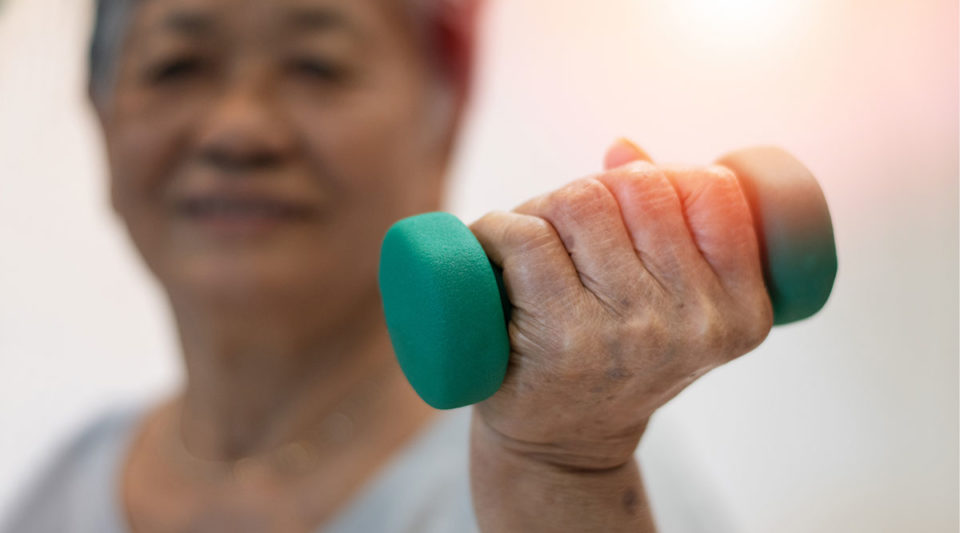The COVID-19 pandemic has been difficult for everyone, but especially for people with Parkinson’s disease.
A new study from Notre Dame computer science engineers explored the impact of stay-at-home mandates, which prevented patients from participating in structured physical exercise programs.
The results were recently published in the article, “Negative Effects of COVID-19 Stay-at-Home Mandates on Physical Intervention Outcomes.”
Physical exercise has been shown to benefit patients with neurodegenerative conditions, including Parkinson’s disease. Many health care providers organize structured intervention programs that include exercises such as The CLIMB (focused on physical exercise and activities of daily living) and Rock Steady Boxing (a non-contact boxing program).
The Notre Dame study showed that a four-month restriction from such programs led to significant negative effects on patients’ social well-being, especially on functional abilities of motor and speech. More than 82 percent of study participants reported having at least one Parkinson’s symptom that worsened moderately or severely during the stay-at-home mandates.
Using tablet-based assessment tools designed by the Mobile Computing Lab at Notre Dame, researchers could accurately measure specific neurocognitive functions. This testing showed that average completion times of patients’ functional tasks, including fine and gross motor function, more than doubled, while accuracy metrics of reflex and dual task functionalities showed significant degradation by a factor of 1.55.
The research points to the need to maintain these beneficial programs for patients with Parkinson’s and other neurodegenerative diseases, said Ph.D. student John Templeton, the lead author on the study. Other contributors to the study included Christian Poellabauer, professor of computer science and engineering, and Sandra Schneider, adjunct research professor.
“As scientific and technological advances are made, in addition to the possibility of future global pandemics, a strong focus should be placed on maintaining recommended and beneficial programs for people with Parkinson’s disease and other at-risk populations,” Templeton said.
— College of Engineering

